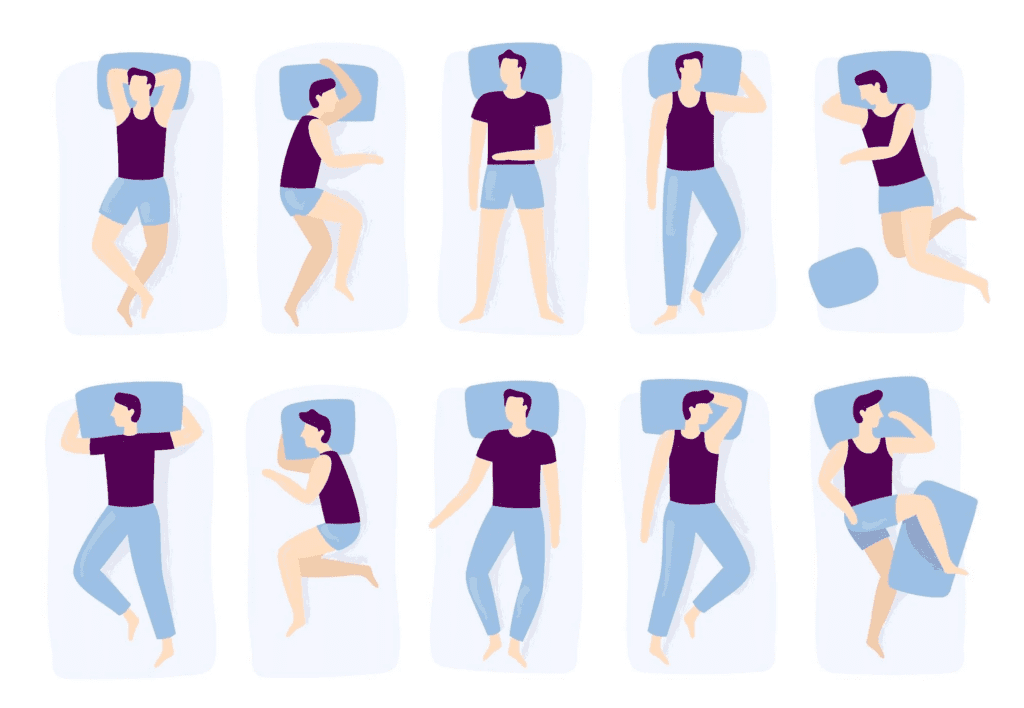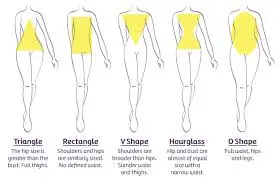Introduction

In a groundbreaking study recently published in the esteemed journal Nature Communications, researchers from Stony Brook University have shed light on an intriguing connection between sleep positions and brain health. The study’s findings reveal that sleeping on your side can act as a protective shield against cognitive disorders like Alzheimer’s disease and Parkinson’s disease. Delving deeper into the mechanics of this discovery, the researchers identified that sleeping on one’s side enhances the flow of cerebrospinal fluid (CSF) through the brain, facilitating the effective removal of waste products. This discovery opens up a fascinating avenue for those seeking to improve their brain health through simple adjustments to their sleep habits.
Understanding the Brain-Health Connection
The human brain, a complex organ responsible for our thoughts, memories, emotions, and bodily functions, is a delicate structure requiring constant maintenance. Cerebrospinal fluid (CSF), a clear fluid that envelops the brain and spinal cord, plays a pivotal role in safeguarding the brain’s health. Its primary function is to act as a protective cushion, shielding the brain from impact during movements and facilitating the exchange of nutrients and waste removal. This natural cleansing process is essential in preventing the buildup of harmful substances that could lead to cognitive disorders.
The Sleep Position Revelation

The Stony Brook University researchers embarked on an endeavor to examine how sleep positions might affect the flow of CSF and its potential implications on brain health. The study involved analyzing the sleep habits of a diverse group of participants while closely monitoring CSF flow dynamics. Astonishingly, the results demonstrated that those who slept on their side experienced significantly higher CSF flow through their brains compared to those who preferred sleeping on their backs or stomachs. This enhanced CSF flow effectively facilitated the removal of toxic waste products from the brain, potentially reducing the risk of cognitive disorders.
Unraveling the Mechanisms

The precise mechanisms underlying the link between sleep positions and CSF flow remain a subject of ongoing investigation. Some researchers speculate that sleeping on one’s side may alleviate pressure on specific brain regions, encouraging a smoother flow of CSF. Moreover, the gravitational forces at play when we sleep on our sides could enhance fluid circulation within the brain’s ventricles, further promoting waste clearance.
Building on Previous Research

This remarkable study aligns with previous research indicating that sleep positions have diverse impacts on overall health and well-being. Beyond its potential to safeguard against cognitive disorders, sleeping on your side has been associated with various other health benefits. Improved memory, stress reduction, and a bolstered immune system have been among the positive effects observed in prior studies.
Optimizing Your Side-Sleeping Experience
If you are intrigued by the prospect of enhancing your brain health through simple changes to your sleep position, consider the following tips to optimize your side-sleeping experience:
- Choose the Right Pillow: Select a supportive yet comfortable pillow that complements your sleep style. It should maintain proper alignment of your neck and spine while accommodating your shoulders.

- Embrace Knee Alignment: Placing a pillow between your knees can help maintain proper alignment of your spine, alleviating pressure on your lower back and hips.

- Address Allergies: To ensure uninterrupted sleep, especially if you suffer from allergies, opt for a hypoallergenic pillowcase and regularly wash your bedding.

- Create an Optimal Sleep Environment: Your bedroom should be dark, quiet, and cool, promoting deep and restorative sleep throughout the night.

The Holistic Approach to Brain Health
While adopting a side-sleeping position holds incredible potential for enhancing brain health, it is essential to recognize that this is just one piece of the puzzle. A holistic approach to brain health involves a combination of lifestyle choices and habits that can significantly impact cognitive function.
- Nourish Your Brain: Consuming a balanced and nutritious diet rich in antioxidants, healthy fats, and essential nutrients supports brain health.
- Exercise Regularly: Engaging in physical activity enhances blood flow to the brain, promoting neuroplasticity and cognitive function.
- Manage Stress: Chronic stress can take a toll on the brain, so practicing relaxation techniques, such as meditation or yoga, can provide immense benefits.
- Prioritize Quality Sleep: Besides sleep position, focus on getting sufficient and restful sleep each night to allow your brain to recharge and repair.
- Stay Socially Engaged: Maintaining strong social connections can stimulate cognitive activity and reduce the risk of cognitive decline.
- Stimulate Your Mind: Engage in intellectually challenging activities, such as puzzles, learning new skills, or pursuing creative hobbies, to keep your brain sharp.
Conclusion
The revelation of the brain-protective benefits associated with side sleeping marks a significant stride in the realm of cognitive health. The Stony Brook University study has illuminated a previously unexplored aspect of our nightly routines, providing a simple yet powerful method to bolster brain health. By understanding the potential advantages of side sleeping and complementing it with other brain-boosting lifestyle choices, we can pave the way for a more resilient and thriving cognitive future. So, embrace the power of sleep and make informed choices to safeguard your brain’s well-being today and in the years to come.
Read More
- Quick Guide How To Make Money Through Dropshipping
- 10 TYPES OF HAIRSTYLES THAT BRINGS OUT THE BEAUTY IN YOU
- Controversy As World Most Valuable Player Bids More than $350M



